Home>Garden Essentials>How Long For Cucumbers To Germinate
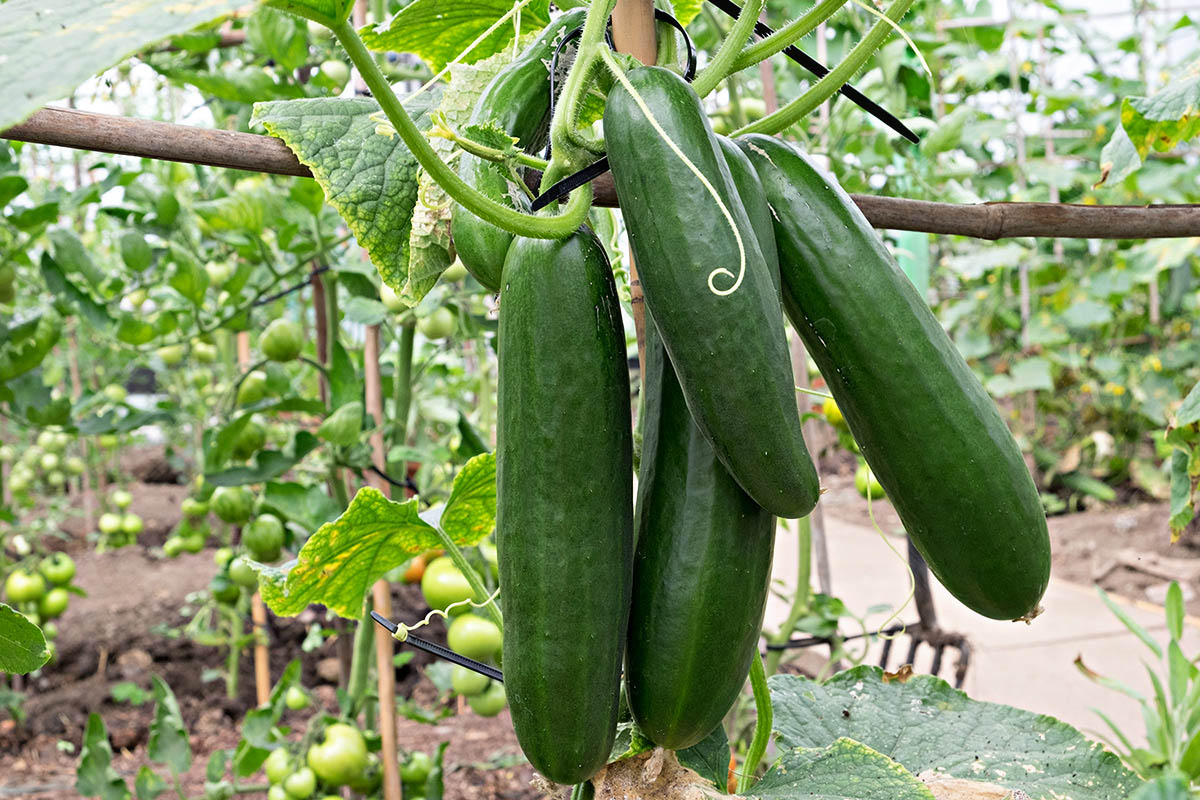

Garden Essentials
How Long For Cucumbers To Germinate
Modified: March 24, 2024
Discover how long it takes for cucumbers to germinate in your garden. Get expert advice and tips to ensure successful cucumber growth.
(Many of the links in this article redirect to a specific reviewed product. Your purchase of these products through affiliate links helps to generate commission for Storables.com, at no extra cost. Learn more)
Introduction
When it comes to growing cucumbers, knowing how long it takes for them to germinate is essential. Germination is the process in which a seed sprouts and begins to grow into a new plant. Understanding the factors that affect cucumber germination time can help gardeners plan their planting schedule and ensure a successful harvest.
In this article, we will explore the various factors that influence the germination time of cucumbers. We will also discuss the optimal conditions for cucumber germination, average germination times, and tips for speeding up the germination process. Additionally, we will highlight common mistakes to avoid during cucumber germination.
Whether you’re an experienced gardener or just starting out, this guide will provide you with valuable information to help you grow healthy cucumber plants from seed.
Key Takeaways:
- Patience and proper care are key to successful cucumber germination. Factors like seed quality, temperature, and moisture influence germination time. Avoid common mistakes for healthier plant growth.
- Providing optimal conditions like warmth, moisture, and soil quality can speed up cucumber germination. Pre-soaking seeds and using bottom watering can help accelerate the process.
Read more: How To Store Cucumbers Long Term
Factors Affecting Germination Time for Cucumbers
Several factors can influence the germination time for cucumbers. Understanding these factors can help you adjust your planting strategy and ensure optimal conditions for successful germination.
1. Seed Quality: The quality of the cucumber seeds plays a crucial role in germination time. It’s important to use fresh, high-quality seeds obtained from a reputable source. Old or damaged seeds may have reduced viability and can take longer to germinate.
2. Temperature: Temperature is a significant factor that affects cucumber germination. Cucumber seeds thrive in warm soil temperatures ranging from 70°F to 95°F (21°C to 35°C). Cooler temperatures can slow down germination, while temperatures above 95°F (35°C) can inhibit or even damage the seeds.
3. Moisture: Adequate moisture is essential for cucumber seed germination. The seeds need to be consistently moist, but not soaking wet, throughout the germination process. If the soil is too dry, it can delay or prevent seeds from germinating.
4. Light Conditions: Unlike some other seeds, cucumbers do not require light for germination. In fact, they actually prefer to germinate in darkness. Keep the seeds covered with a thin layer of soil or a damp cloth until they sprout.
5. Seed Depth: Planting cucumber seeds at the appropriate depth is crucial. The general rule of thumb is to plant them at a depth of about 1 inch (2.5 cm). If planted too shallow, the seeds may dry out quickly. Too deep, and the seeds may struggle to push through the soil surface.
6. Soil Conditions: Cucumbers prefer well-draining soil that is rich in organic matter. Ensure that the soil is loose and friable to allow the roots to penetrate easily. Compacted or heavy soil can hinder seed germination and growth.
7. pH Level: Cucumber plants thrive in slightly acidic to neutral soil with a pH level between 6.0 and 7.0. Soil with extreme acidity or alkalinity can affect nutrient availability, impacting seed germination and overall plant health.
By considering these factors and making the necessary adjustments, you can improve the germination time and success rate of your cucumber seeds.
Optimal Conditions for Cucumber Germination
To ensure successful germination of cucumber seeds, it’s important to provide the optimal conditions. By creating the right environment, you can give your seeds the best chance of sprouting and growing into healthy cucumber plants.
1. Temperature: Cucumber seeds require warm soil temperatures for optimal germination. The ideal temperature range for cucumber germination is between 70°F and 95°F (21°C and 35°C). You can use a seedling heat mat or propagate seeds indoors to maintain consistent temperature levels.
2. Moisture: Keeping the seeds consistently moist is crucial for germination. Before planting, soak the cucumber seeds in water for a few hours to help jumpstart the germination process. After planting, ensure that the soil remains moist, but not waterlogged. Mist the soil surface periodically to maintain moisture levels.
3. Planting Depth: Planting cucumber seeds at the right depth is important for successful germination. Aim to plant the seeds about 1 inch (2.5 cm) deep in the soil. This depth provides enough moisture and insulation for the seeds to sprout without drying out or becoming too compacted.
4. Light: While cucumbers don’t require light for germination, they do need a well-lit environment once they sprout. Place the seedlings in a location that receives at least 6-8 hours of sunlight per day. If growing indoors, use grow lights to provide sufficient light for the young plants.
5. Soil Quality: Cucumbers thrive in loose, well-draining soil. Amend the soil with organic matter such as compost or aged manure to improve its fertility and structure. This ensures that the roots have easy access to nutrients and oxygen, promoting faster and healthier germination.
6. Watering: While it’s important to keep the soil moist, overwatering can hinder germination. Water the soil gently using a misting nozzle or a watering can with a fine spout. Avoid creating waterlogged conditions, as this can lead to the rotting of seeds or the development of fungal diseases.
By providing the optimal conditions of warmth, moisture, appropriate planting depth, light, and soil quality, you can create a favorable environment for cucumber seed germination. These conditions will greatly increase your chances of successful germination and healthy plant growth.
Average Germination Time for Cucumbers
The germination time for cucumbers can vary based on several factors, including the variety of cucumber, growing conditions, and seed quality. On average, cucumber seeds take around 7 to 14 days to germinate. However, it’s important to note that this is just an estimate, and the actual germination time can vary.
Some cucumber varieties may have a shorter germination period of around 5 to 7 days, while others may take longer, up to 14 days or more. The specific germination time can also be influenced by temperature, moisture levels, and other factors discussed earlier.
It’s important to keep in mind that germination is not an instantaneous process. It takes time for the seed to absorb water, activate enzymes, and initiate growth. During this period, it’s crucial to provide consistent moisture, maintain optimal temperature, and ensure suitable light conditions to encourage germination.
If the germination process takes longer than expected, don’t panic. Cucumber seeds can be a bit slow to sprout, especially if growing conditions are not ideal. Patience is key, and you should continue to provide the necessary care and maintenance to support the germination process.
Additionally, factors such as seed quality, age, and storage conditions can also affect the germination time. Using fresh, high-quality seeds obtained from reliable sources can significantly increase the germination rate and speed up the process.
It’s important to monitor the progress of your cucumber seeds regularly and be prepared for variations in germination time. Once the seeds have sprouted and developed into seedlings, you can transition them to their final growing location and continue to provide proper care to ensure healthy growth and a bountiful harvest.
Cucumbers typically germinate within 7-10 days when planted in warm, moist soil. To speed up the process, soak the seeds in water for 24 hours before planting. Keep the soil consistently moist and warm for best results.
Tips for Speeding up Cucumber Germination
If you’re eager to see your cucumber seeds sprout and start growing, there are a few tips you can follow to help speed up the germination process. These tips can enhance the conditions for germination and promote quicker seedling emergence:
1. Pre-soak the Seeds: Before planting, you can pre-soak cucumber seeds in water for a few hours or overnight. This helps to soften the seed coat, allowing water to penetrate more easily and encourage faster germination.
2. Use a Seedling Heat Mat: Providing warm soil temperatures can accelerate germination. Placing a seedling heat mat under the pots or trays can create a consistent warm environment for the seeds, promoting quicker sprouting. Be sure to monitor the temperature and follow the manufacturer’s instructions for proper usage.
3. Optimal Moisture: Cucumber seeds require consistent moisture for successful germination. Ensure that the soil is evenly moist, but not waterlogged, throughout the germination process. Mist the soil surface with water or cover the containers with a plastic wrap to retain moisture.
4. Bottom Watering: Instead of watering from the top, consider bottom watering the containers holding the cucumber seeds. By placing the pots or trays in a shallow tray filled with water, the soil will absorb the moisture from below. This method prevents the disruption of soil particles and minimizes the chance of washing away the seeds.
5. Enhance Drainage: Well-drained soil promotes faster germination. You can improve drainage by adding perlite, vermiculite, or coarse sand to the soil mix. These amendments help prevent waterlogging and ensure sufficient oxygen supply to the seeds.
6. Provide Adequate Light: Once the seeds have sprouted, provide adequate light to encourage strong seedling growth. If growing indoors, place the seedlings near a bright window or use fluorescent grow lights to provide 12-16 hours of light per day.
7. Maintain Optimal Temperature: Cucumber seeds germinate best in warm soil temperatures between 70°F and 95°F (21°C and 35°C). Keeping the growing environment within this temperature range, especially during the initial germination phase, can speed up the process.
Remember, these tips can help accelerate cucumber germination, but it’s essential to maintain a balance. Avoid overwatering, excessive heat, or other extreme conditions that could harm the seeds or seedlings. Regular monitoring and adjustment of the growing conditions will ensure healthy germination and successful cucumber plant establishment.
Read more: How Long To Germinate Passiflora
Common Mistakes to Avoid during Cucumber Germination
Germinating cucumber seeds can be an exciting process for any gardener. However, there are some common mistakes that can hinder germination and affect the overall success of your cucumber plants. By avoiding these mistakes, you can increase your chances of a successful germination process and healthier plant growth:
1. Overwatering: While it’s important to keep the soil moist for germination, overwatering can lead to waterlogged conditions and rotting of the seeds. Avoid excessive watering and ensure proper drainage to prevent water accumulation around the seeds.
2. Planting Seeds Too Deep: Planting cucumber seeds too deep in the soil can delay or prevent germination. Follow the recommended planting depth of around 1 inch (2.5 cm) to provide optimal conditions for seed sprouting. Planting too shallow can result in the seeds drying out quickly.
3. Planting Old or Poor-Quality Seeds: Using old or poor-quality cucumber seeds can significantly reduce germination rates. Ensure you acquire fresh, high-quality seeds from reputable suppliers. Proper storage in cool and dry conditions can help maintain seed viability.
4. Insufficient Light: Although cucumbers do not need light during germination, once the seeds sprout, they require adequate light for healthy seedling development. Insufficient light can lead to weak, leggy seedlings. Provide 6-8 hours of direct sunlight or use grow lights indoors.
5. Inconsistent Temperature: Fluctuating temperatures can negatively impact germination. Maintain a consistent temperature range of 70°F to 95°F (21°C to 35°C) to promote optimal germination. Avoid exposing the seeds to extreme temperature variations.
6. Ignoring Soil Quality: Cucumbers thrive in well-draining soil rich in organic matter. Neglecting to prepare the soil properly may lead to poor germination rates. Amend the soil with compost or aged manure to enhance fertility and improve soil structure.
7. Ignoring Seed Spacing: Overcrowding cucumber seeds can result in competition for resources and hinder germination. Plant the seeds at the recommended spacing, typically 12 to 24 inches (30 to 60 cm) apart, to allow sufficient room for growth.
8. Failing to Protect from Pests: Pests such as birds, insects, and rodents may eat or damage the cucumber seeds, preventing germination. Consider using protective measures such as netting or row covers to safeguard the seeds.
Avoiding these mistakes will maximize your chances of successful cucumber germination and ensure a strong start for your plants. By providing optimal growing conditions and avoiding common pitfalls, you’ll set the stage for healthy cucumber growth and a bountiful harvest.
Conclusion
Growing cucumbers from seed can be an incredibly rewarding experience for gardeners. Understanding the factors that influence germination time and implementing best practices can greatly increase your chances of successful seed sprouting and healthy plant growth.
Factors such as seed quality, temperature, moisture, light, soil conditions, and pH levels all play a significant role in cucumber germination. Providing optimal conditions, such as warm temperatures, consistent moisture levels, and well-draining soil, can speed up the germination process and lead to stronger seedling emergence.
By avoiding common mistakes like overwatering, planting seeds too deep, neglecting soil quality, and failing to protect against pests, you can ensure a smoother germination process and higher success rates.
Remember that cucumber germination is a gradual process, and patience is key. Seeds may take anywhere from 7 to 14 days to sprout, or even longer depending on the conditions and variety. Monitoring moisture levels, temperature, and light exposure throughout the germination period will help create an ideal environment for seedling development.
Once the cucumber seeds have successfully germinated, continue to provide proper care, including regular watering, adequate sunlight, and protection from pests and diseases. With proper nurturing, your cucumber plants will grow into productive vines and reward you with a bounty of fresh, crisp cucumbers to enjoy throughout the season.
Whether you’re a seasoned gardener or a beginner, understanding the germination process and implementing the tips and guidelines discussed in this article will set you on the path to successful cucumber germination and a thriving garden.
Happy planting and enjoy the journey of watching your cucumber seeds sprout and grow!
Frequently Asked Questions about How Long For Cucumbers To Germinate
Was this page helpful?
At Storables.com, we guarantee accurate and reliable information. Our content, validated by Expert Board Contributors, is crafted following stringent Editorial Policies. We're committed to providing you with well-researched, expert-backed insights for all your informational needs.
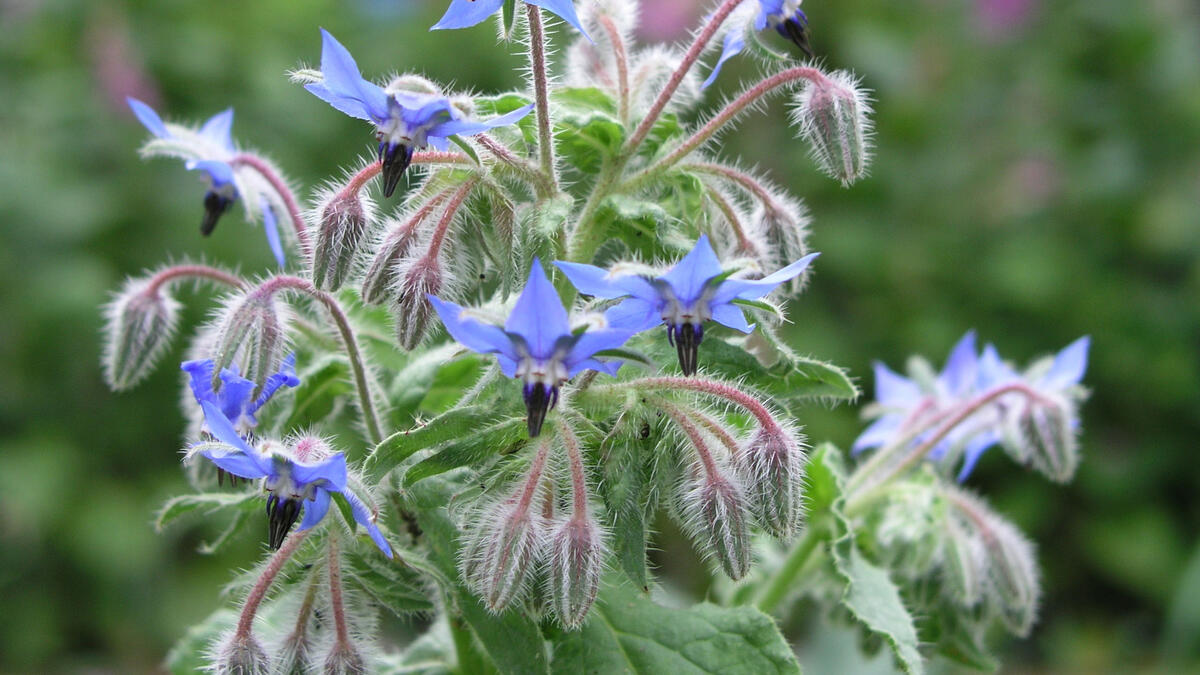
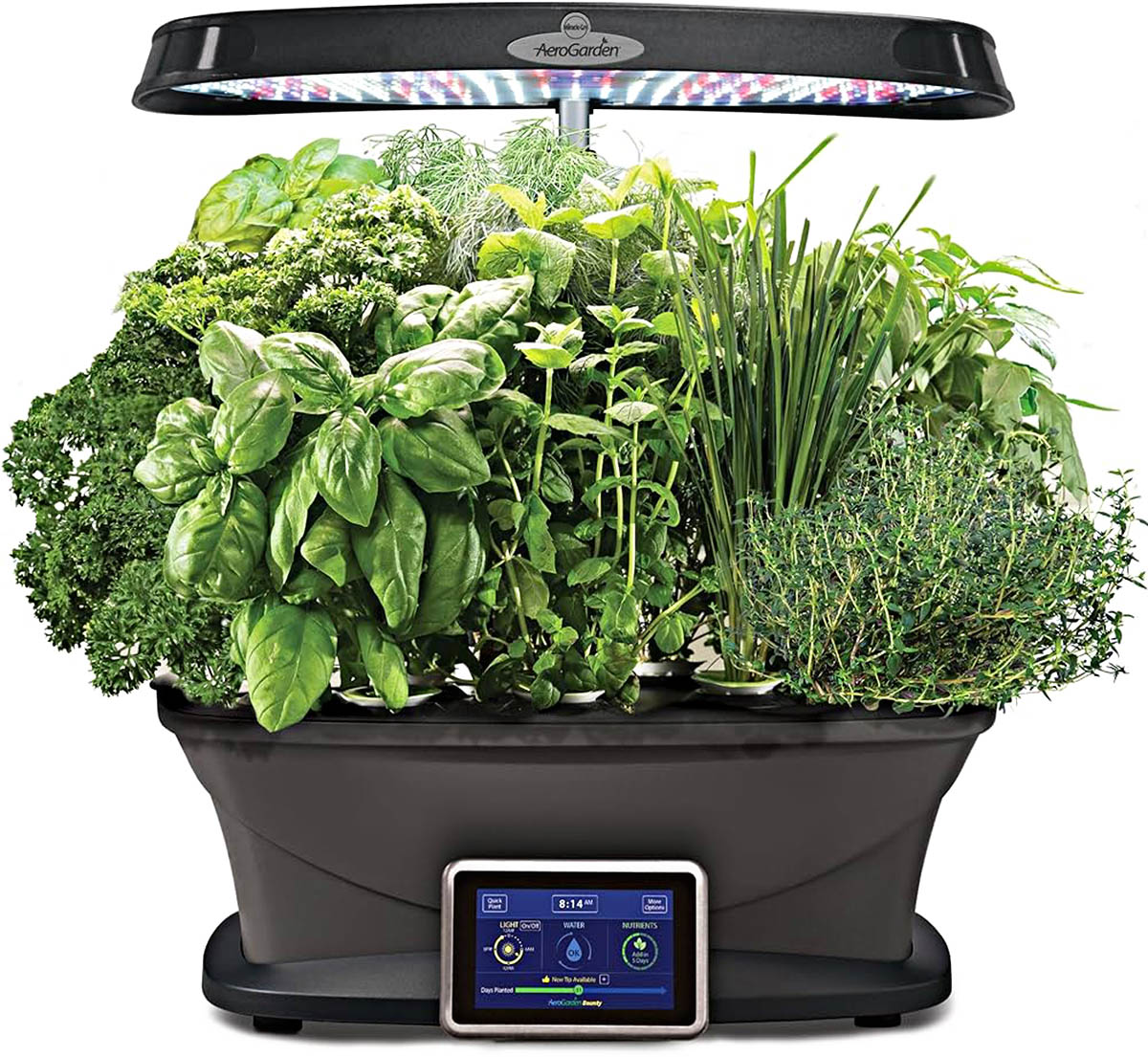
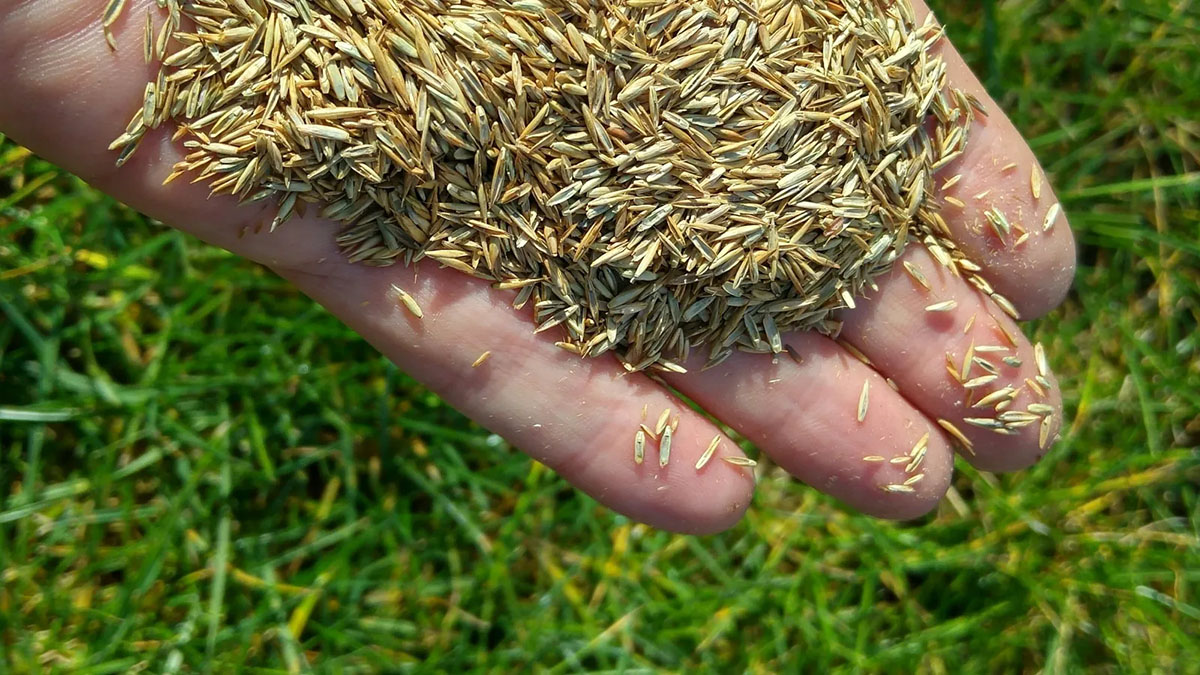

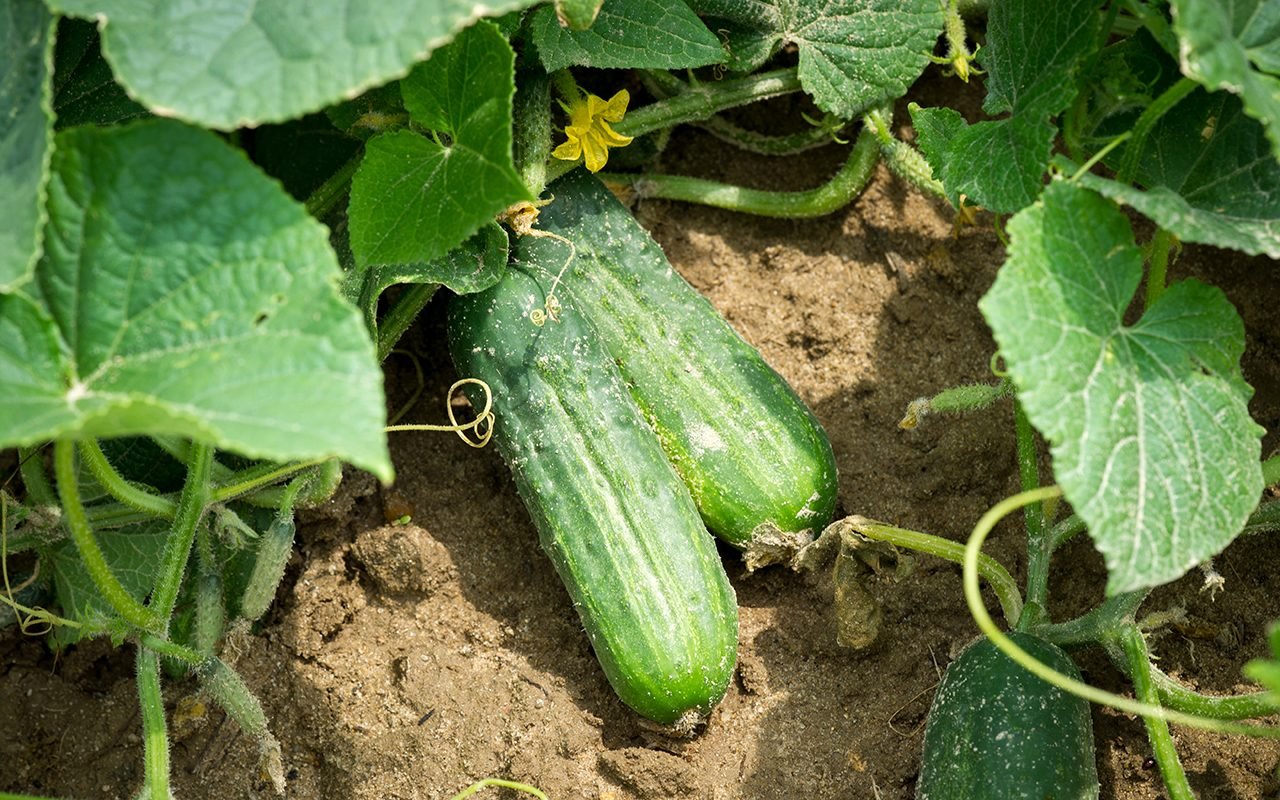
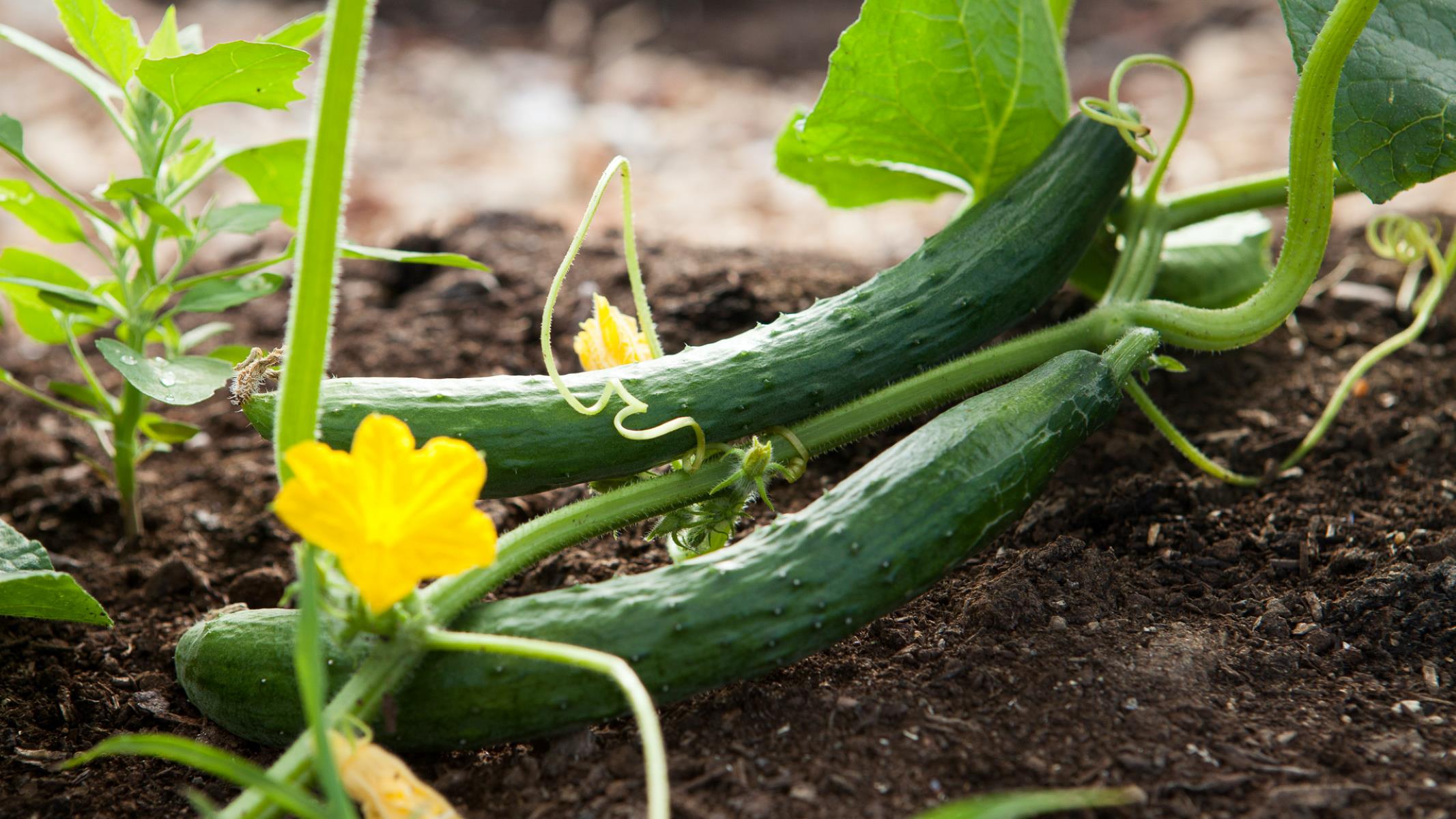
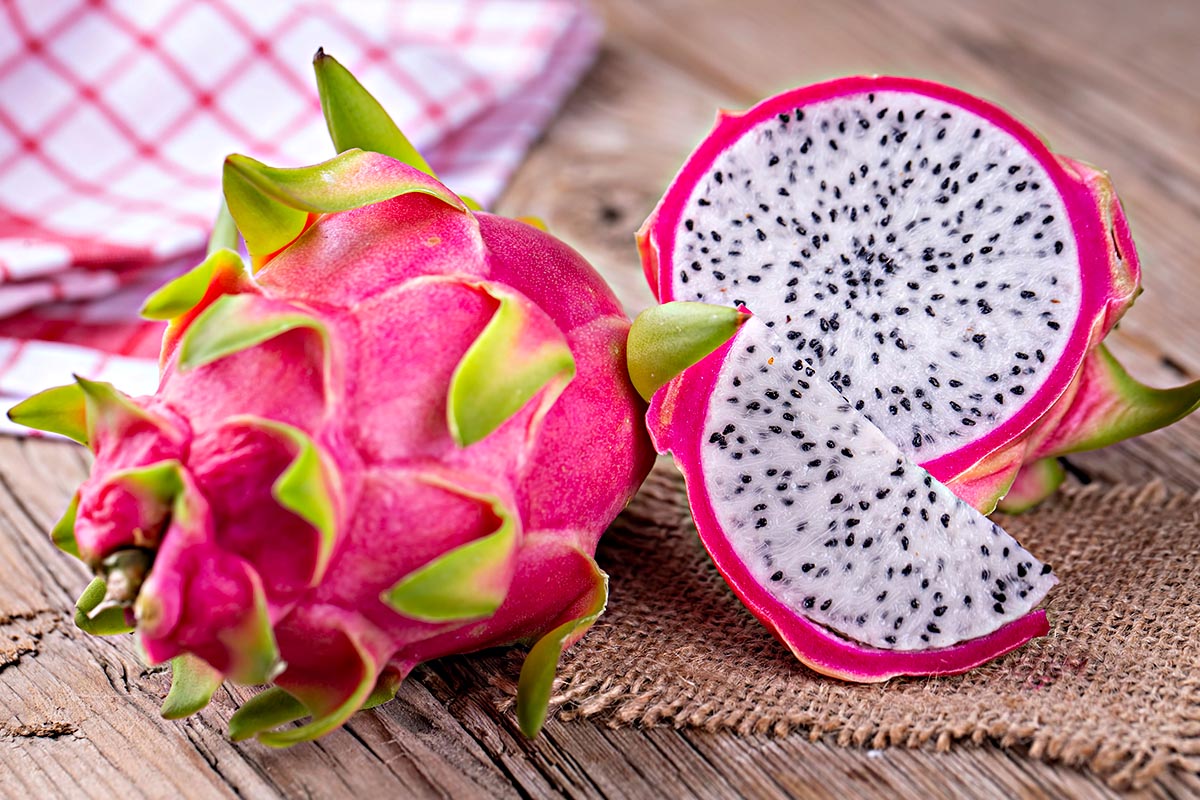
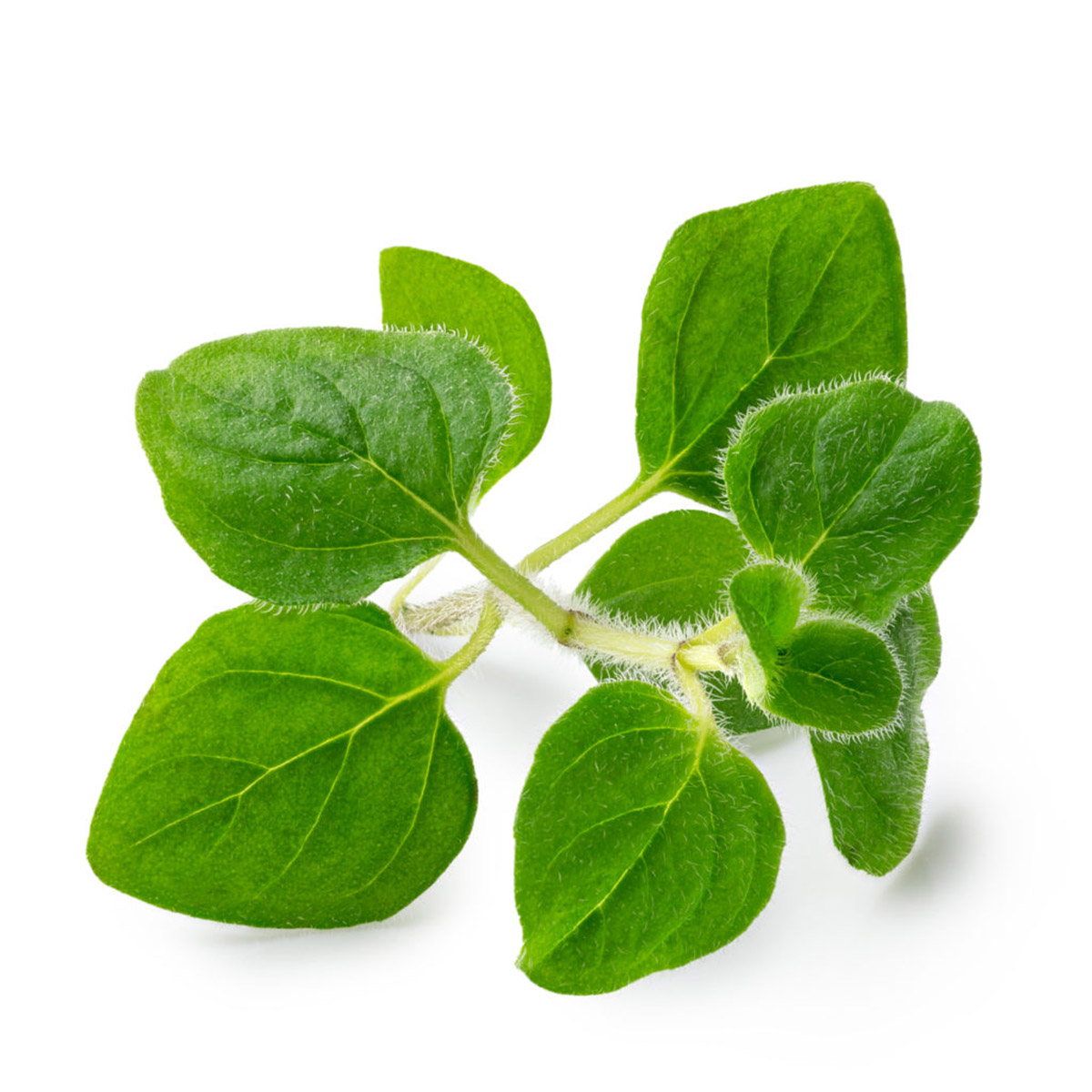
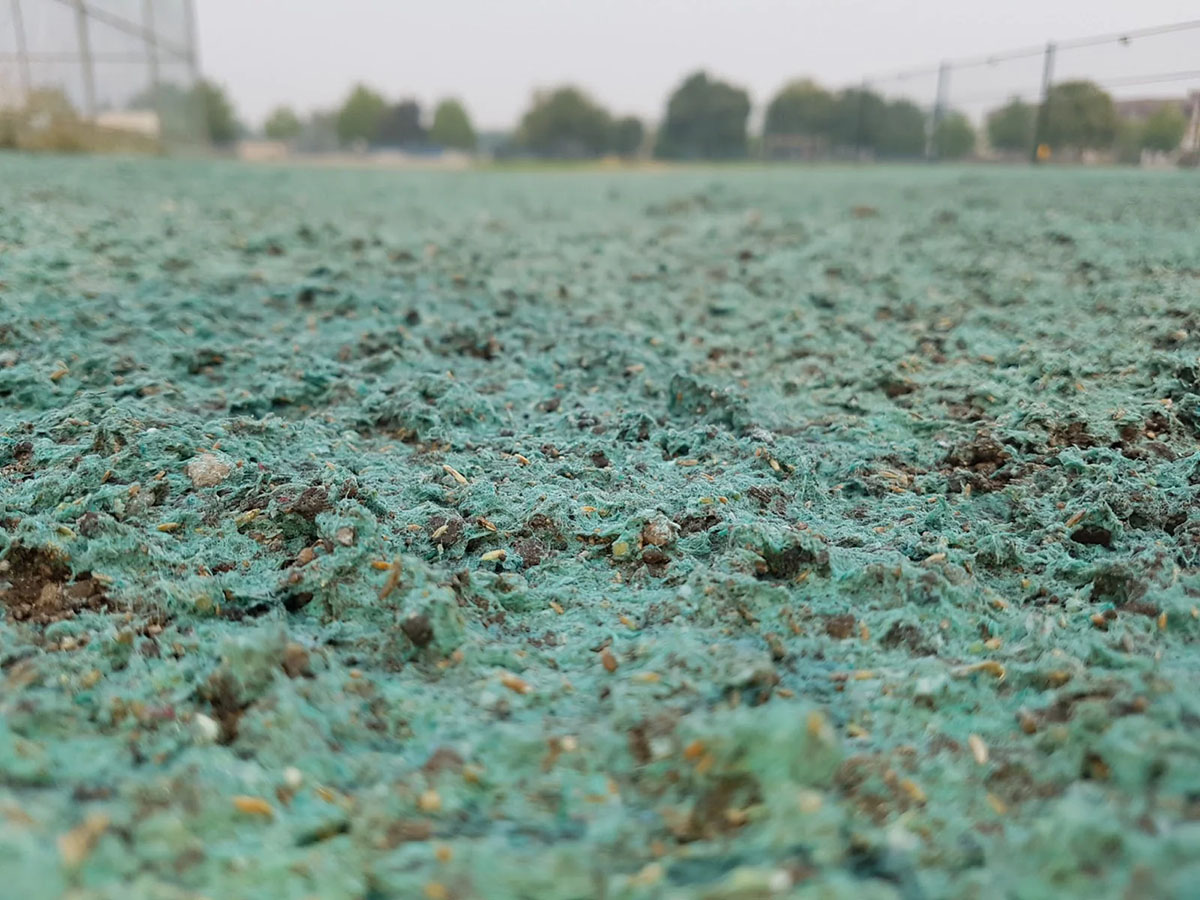
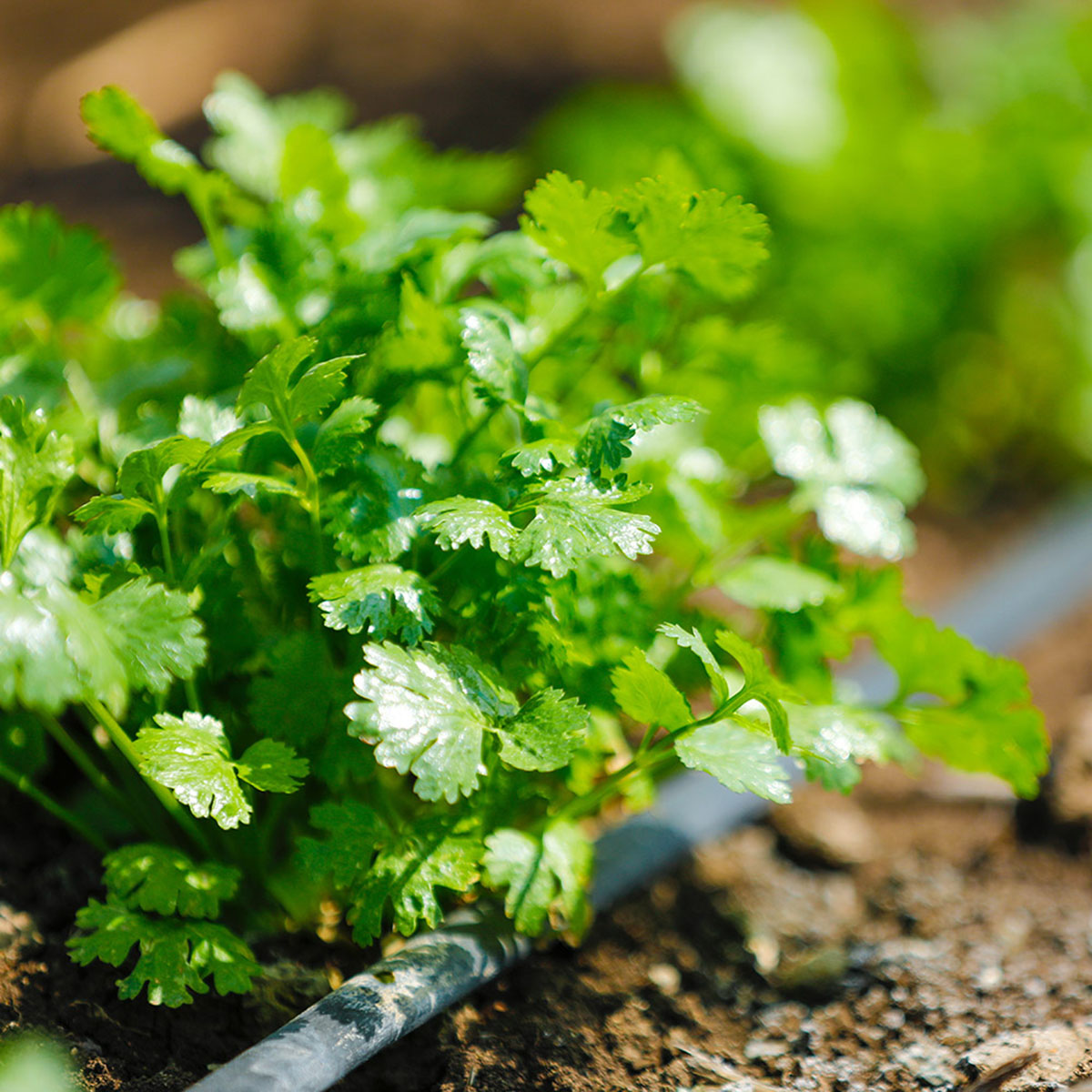
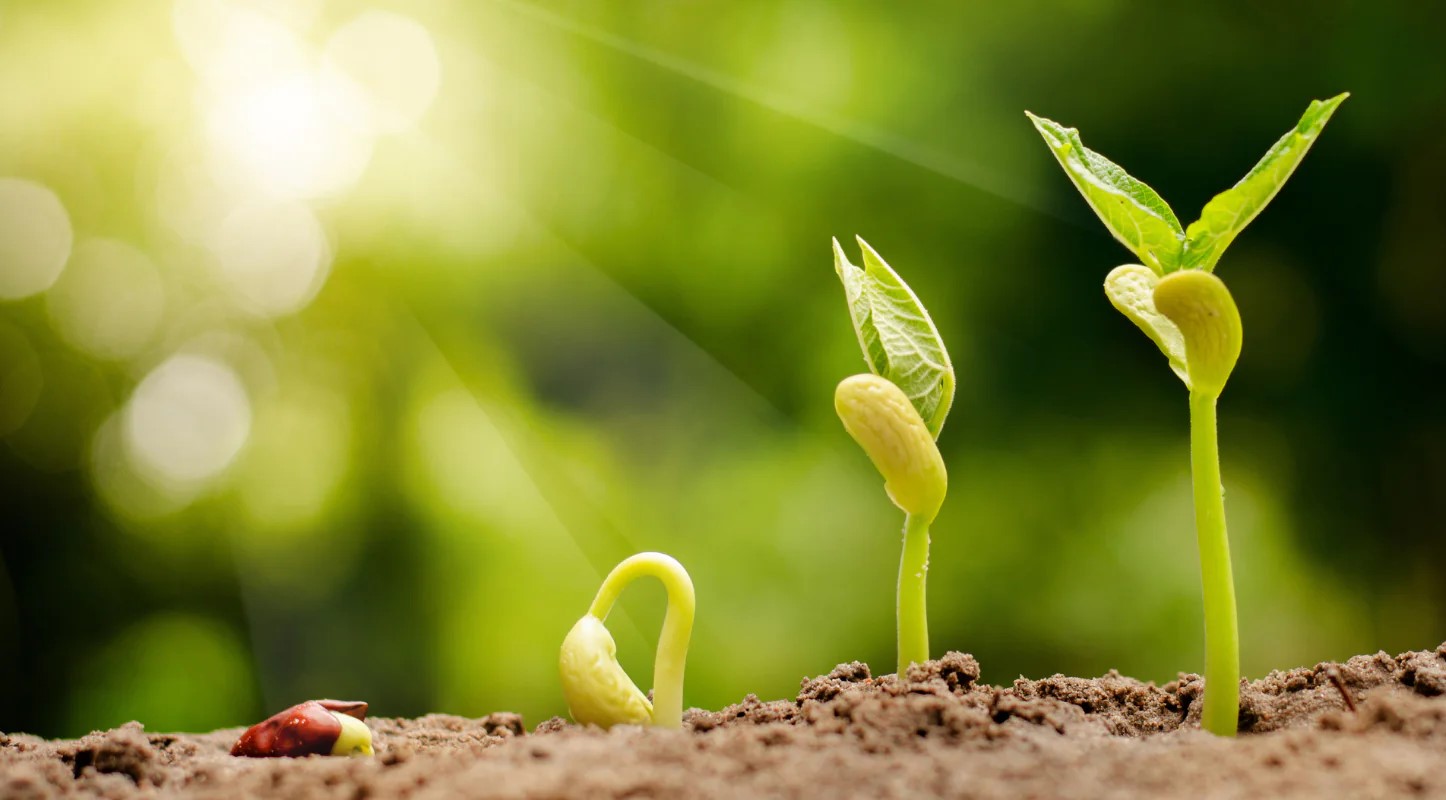
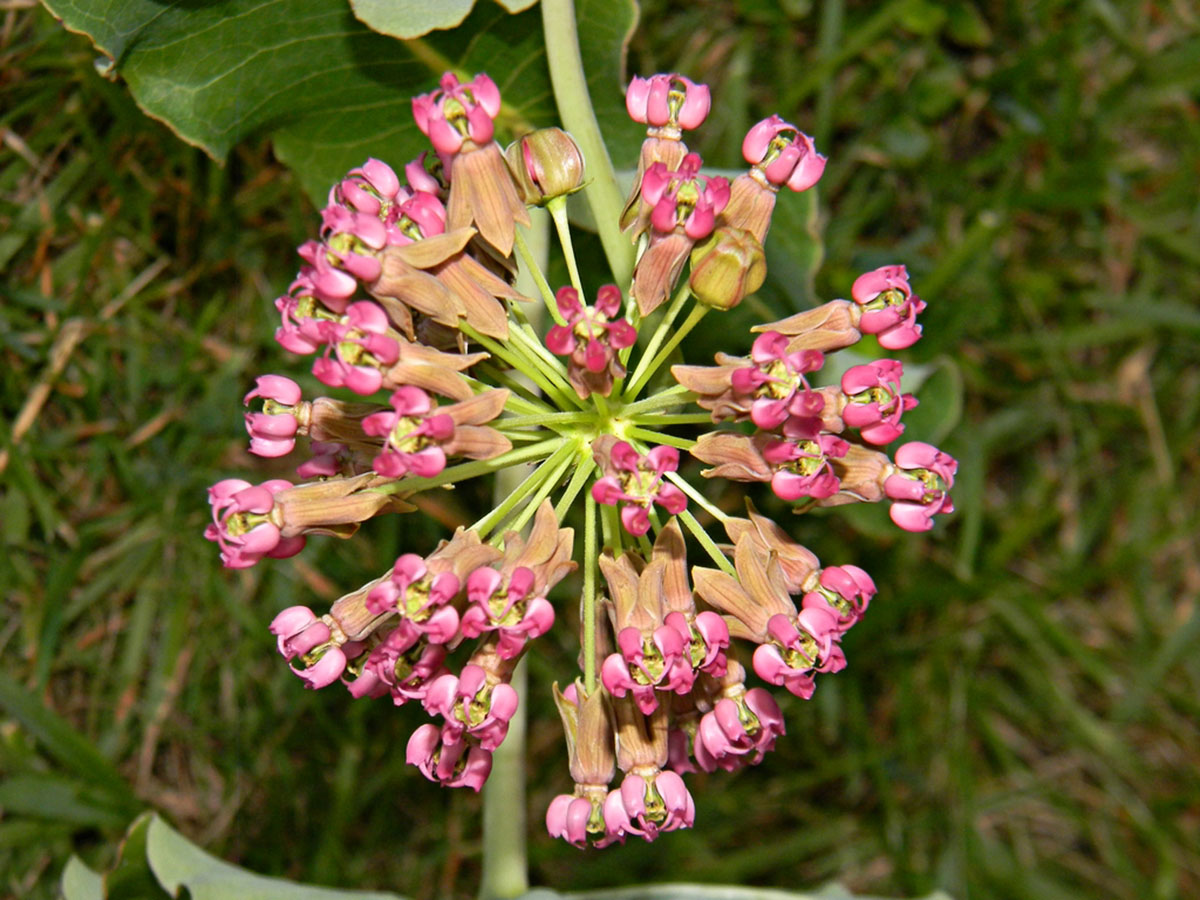
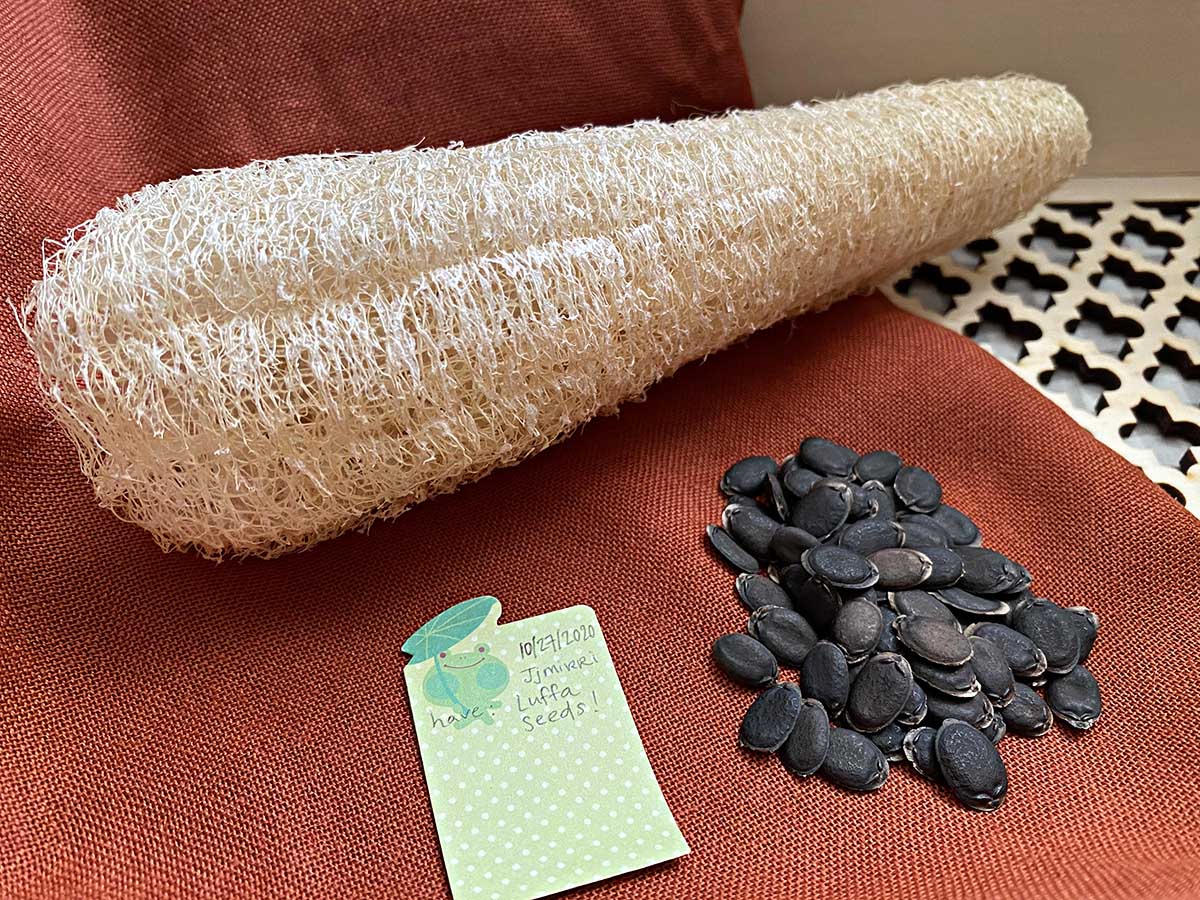
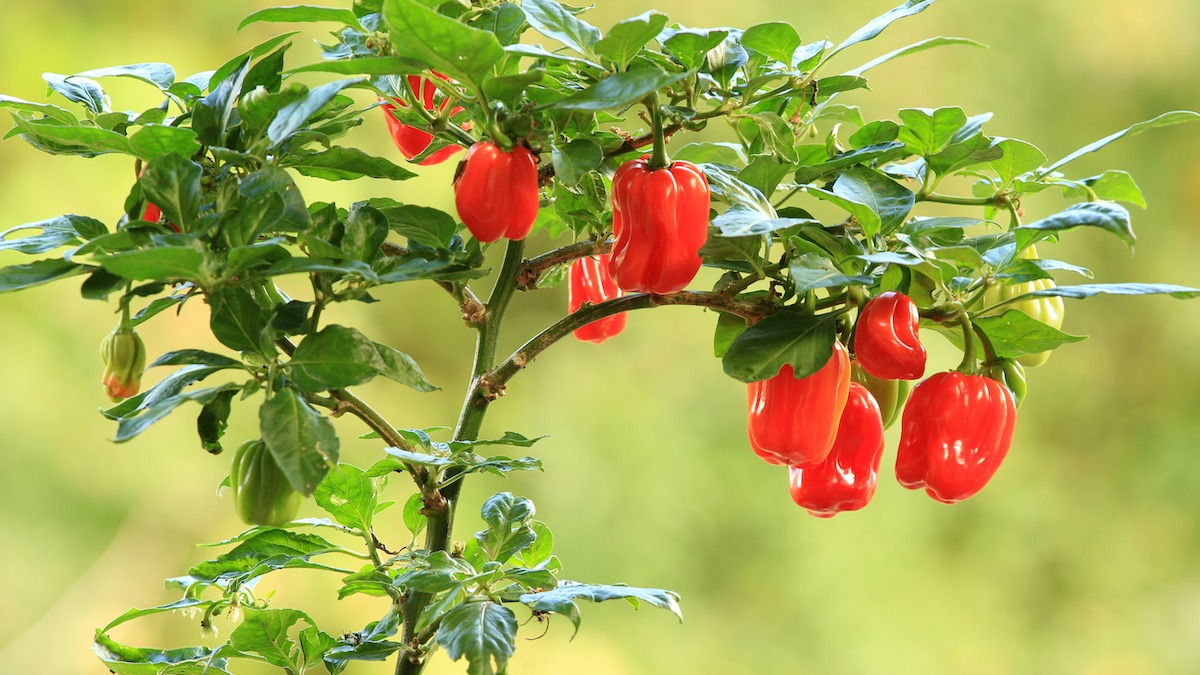

0 thoughts on “How Long For Cucumbers To Germinate”